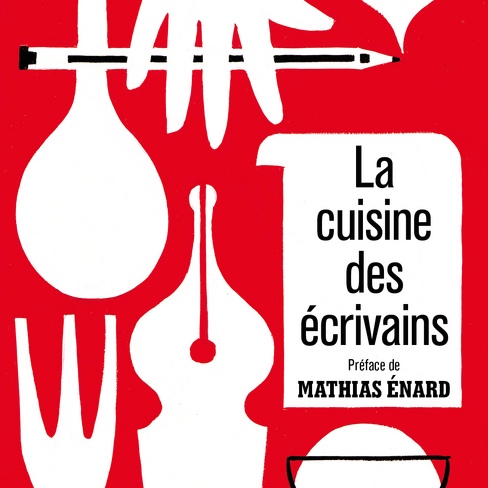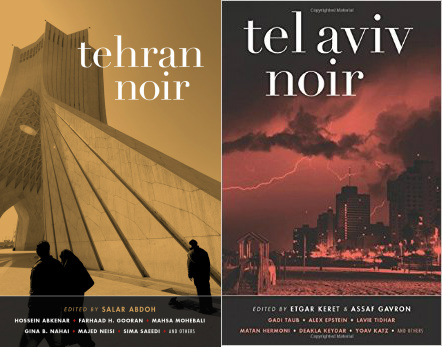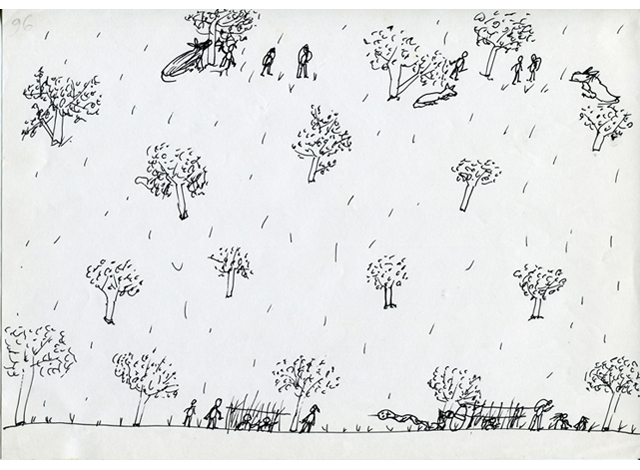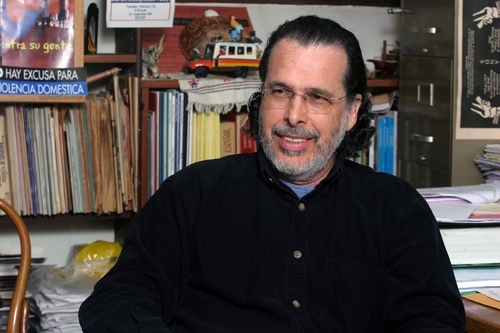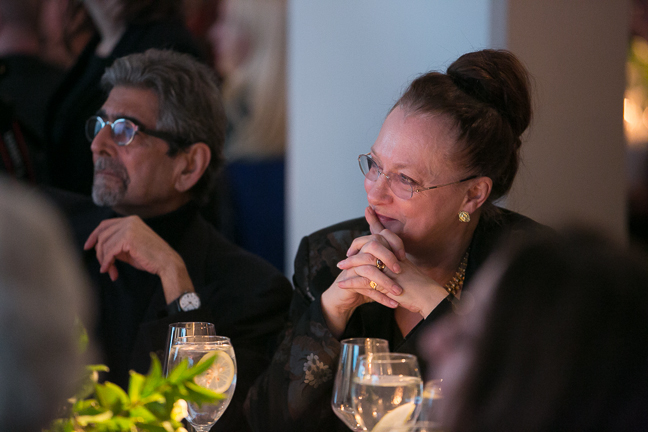From afar, judging by our gesticulations and the vehemence with which we’re defending our opinions, you’d think we were discussing the economy, the upcoming elections, pension funds, mortgages, the Hague Tribunal or some other inevitable aspect of our daily lives. Hell no! We’re trying to pose the dumbest question (and succeeding)! Meho is the reigning champion. He just keeps ’em coming: “What do you call a male turtle? What do you call a male squirrel? A male giraffe? A male seal? A male shark?” Someone counters, “A male shark is called ‘Jaws!’” Meho doesn’t let this phase him and on he goes, “If you have a goldfish in your aquarium, how can you tell if it’s male or female?”
“Well?” “You give it a bit of fish food: if he eats it, it’s male. If she eats it, it’s a female!” From zoology, we move on to physics: “How come you get circles on the water when you toss in a square brick?” The hot summer afternoon, dripping with alcohol, goes by in ostensible happiness and an easygoing atmosphere until it’s time to pay up—a bleak hour when dark clouds converge over everyone’s faces. Each of us has an overdue bill, a debt, an unpaid bar tab, a pair of shoes with worn-out soles, a car or a washing machine on the fritz… In the drunken stupor the conversation veers off to literature, as in a dream when images follow one another by some alien logic, and someone tells a story about Ivo Andrić. During his time as a consul in Rome, he met the Turkish consul, an exceptionally well-educated, wealthy, handsome man with a beautiful family who would regularly get wasted on cognac. Andrić asked him about it, and the man replied: “You know, Sir, as soon as I have a drink, I turn into another man—a ‘second man,’ if you will.” “So?” “Well, this second man then says, ‘I’d like a drink as well,’ and so it goes.” Meho interrupts the story, “If that’s the case, I’m the third man.” “How come? “I start off with a double!”




